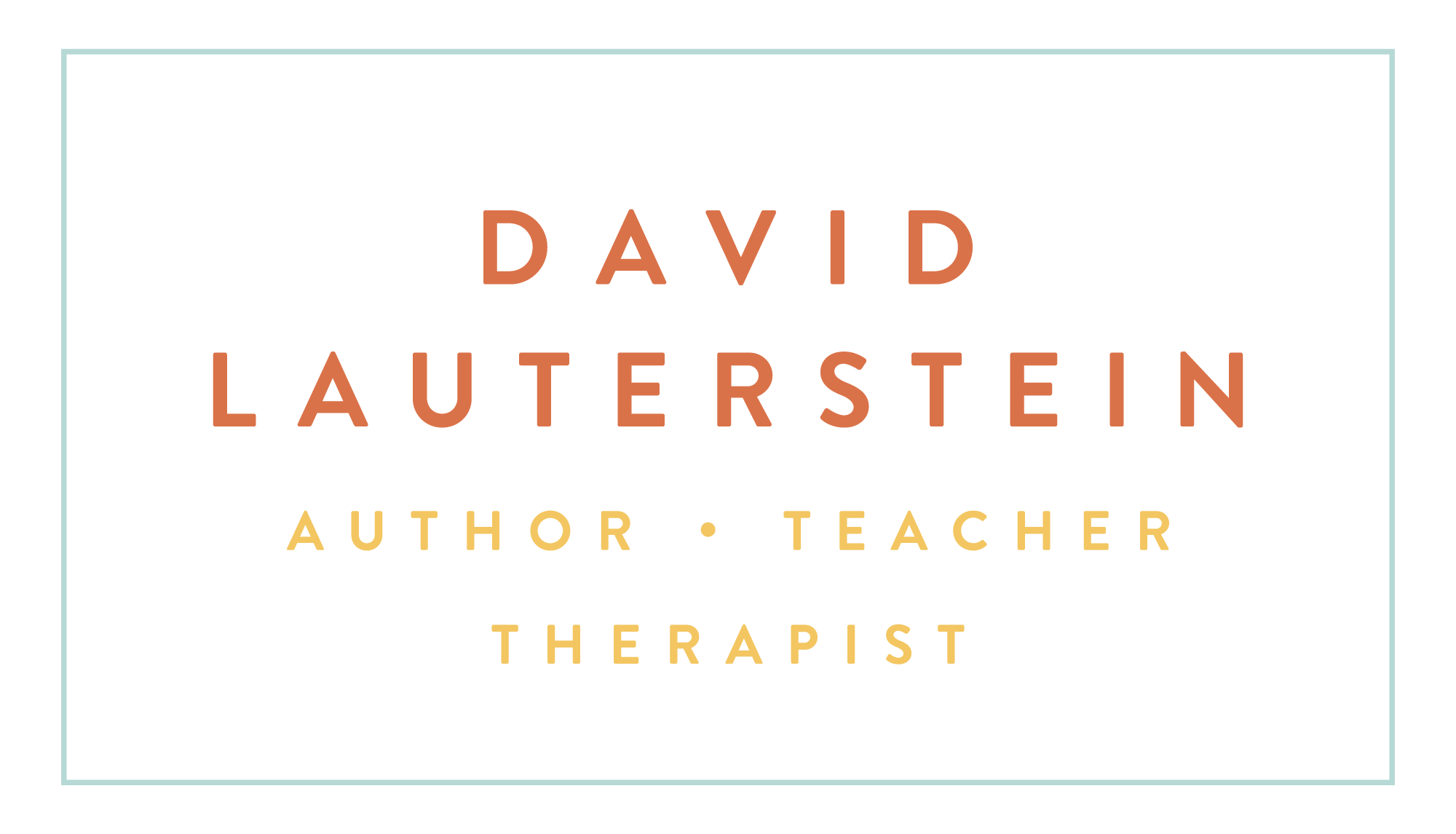THE SPIRITUAL IN BODYWORK
Perhaps the most challenging thing I’ve read in the last couple of years is this from Swami Paramahansa Yogananda’s, “Autobiography of a Yogi” - “An educational system that does not present Spirit as the central Fact of our existence is offering avidya, false knowledge.”
Challenging because, to me, what he says is obviously true, but how exactly to present Spirit as the central fact of our existence in education – I’m not sure how to do that.
And I encourage you to give that some thought and feel free to comment.
It is so obvious, yet I am surprised I’ve never heard it said so clearly. In the standard American educational system, we teach math, science, English and a few other subjects. But the essence of who we are and how we are to act with integrity and inspiration in our lives - that has become an elective at best.
The separation of church and state is completely understandable since we don’t want our students indoctrinated or our politics guided by any one religion. Rightfully, to some extent, some people say, religion, ethics, psychotherapy, deeper life education - these are private matters.
But that way of looking at things came from narrow views of both reason and religion. And it has resulted in a lack of social support for the moral compass in our lives. It has led to a lack of enlightened conversations we can and should have about spirit, about belief, about deeper mysteries that are all around us, about what we don’t know and what we do know.
Rudderless, our politicians, business people, even religious leaders sometimes let greed and power act as their ultimate rulers. Every one of us who do not place Spirit in the center of our lives has possibly compromised their moral compass. In education, there is either a steering clear of conversations and teaching about spirit or an indoctrinating approach dominated by one religious view.
How would an education and a world look if indeed Spirit was recognized as the central fact of our existence?
Specifically how might that affect massage/bodywork education?
I believe it could emphasize these things
Kindness
Sense of connection with nature
Respect for all living things
Sense of connection with other people
Sense of the body as miraculous
Receiving touch and it resulting in self-growth – in both a conscious and unconscious way
Respect for others’ human bodies
Discipline and commitment to this work
Selflessness
Reverence
Dignity
Sense of higher purpose
Mindfulness
Recognition that there are many non-verbal, even non-touch ways to respect spirit in the context of massage – interior decoration, noise, smell, temperature (heard somewhere that “environment is 60% of healing”).
“Psychomechanics” (a term I use to recognize and cultivate the role of attention and good will in touching) – how do the tone of your voice, your gestures, your heartfulness, embody spirit?
Seeing the body as, in many ways, a more direct access route to the spirit than the mind or verbal interactions.
Surveying various cultures’ views of body, mind, spirit touch and massage is especially relevant. How has the spirit of touch been manifest in the past in your culture? In other cultures from around the world and other times? The fact that the National Certification Board for Therapeutic Massage and Bodywork eliminated questions on the history of massage from their exam is a tragic example of Spirit being omitted from the body of knowledge supposedly relevant to students’ competence. Competence somehow or other needs to include spirit – otherwise we are committing to non-wholistic therapy and false knowledge.
We all need to keep learning, with curiosity, commitment and care, how to embody and present Spirit as a central fact of our existence. Even if it’s hard to do so, omitting spirit from life and work is a tragedy.
In any case, whatever traditions or new ideas we tap into, the challenge to “present Spirit as a central fact of our existence” remains at the heart of our quest in massage education. It is, like love, like music, like all great art, challenging to talk about, hard to convey, but what else should we plan to do with these wild and precious lives we have as educators, therapists, and as human beings?

